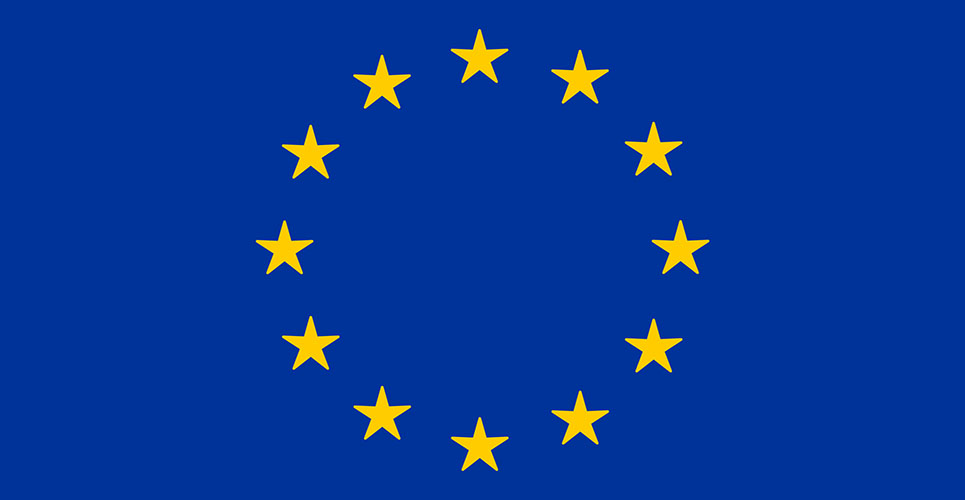teaser
The European Competition Commissioner highlights shortcomings in the pharmaceutical sector and sets to bring about change
Brian Edwards
CBE
Emeritus Professor of
Healthcare Development
University of Sheffield
UK
Former President
HOPE (European
Hospital and Healthcare
Federation)
Brussels, Belgium
The European Commissioner for Competition, Neelie Kroes (who is also the Chair of the Board of Governors of a psychiatric hospital in Rotterdam) presented the Commission’s report on competition in the pharmaceutical sector recently.
“We must have more competition and less red tape in pharmaceuticals. The sector is too important to the health and finances of European citizens to accept anything less than the best. The inquiry has told us what is wrong with the sector, and now it is time to act. When it comes to generic entry, every week and month of delay costs money to patients and taxpayers. We will not hesitate to apply the antitrust rules where such delays result for anticompetitive practices.
The first antitrust investigations are already underway, and regulatory adjustments are expected to follow dealing with a range of problems in the sector.”

Based on a sample of medicines (in seventeen member states) that faced a loss of exclusivity in the period 2000-2007 it was found that customers waited more than seven months after patent expiry for cheaper generic products and as a consequence generated a financial loss to these states of ‚€3 billion. These are big numbers which explains the political interest in this area. In 2007 each European citizen spent an average of ‚€430million on medicines in a market that now represents 2% of GDP. We can, I think, expect a sharply increased take up of generic drugs in countries like France and Ireland where the generic share of the national market is low and their health systems are under economic strain.
It is not at all surprising that the big companies go to extraordinary lengths to stretch their patent rights as far as they legally can but some considerable doubts have been expressed at some of the agreements they reach with generic companies that impose restrictions on generic entry. The whole sector spent over‚€420million on patent litigation in the period 2000-2007 which is a sign of the negative energy in the system. It is also common practice for the originator companies to launch second generation/follow-on medicines before patents expire with the objective of switching patients onto the new product before the generic can be launched.
Whether the tactics used are simply good competitive business practice or dirty tricks depends on where you stand. Intervention and litigation is certainly commonplace at the point of entry for generic products. Direct-to-pharmacy distribution is another worry for the Competition Commissioner as some argue that if the pharmaceutical company sells medicines direct to pharmacists there will be less competition at a wholesale level and render it more difficult for smaller originator companies and generic companies to enter the market.
Perhaps even more worrying was the concern expressed about the decline in the number of new medicines reaching the market. One surprising piece of evidence was that the originator companies (the big research-based companies) rely on innovations acquired from third parties for one third of their new medicines.
But this is not just a competition issue. The European Medicines Agency and the European Centre for Disease Prevention and Control have both expressed concern recently about the absence of new antibiotics. Every year 25,000 patients die in the EU from an infection with multi-drug resistant bacteria. A more sensible use of existing antibiotics would help substantially but in the long term health systems will need new drugs.
This is a fiendishly difficult market to regulate given its importance to society and its cost. We do need to foster the originator companies if we want new drugs but we also need to smooth the pathway for the generic industry with its lower costs which extend access for patients. I do wonder if a deal could be struck which included selective extension of patent rights in return for smoother generic entry.

